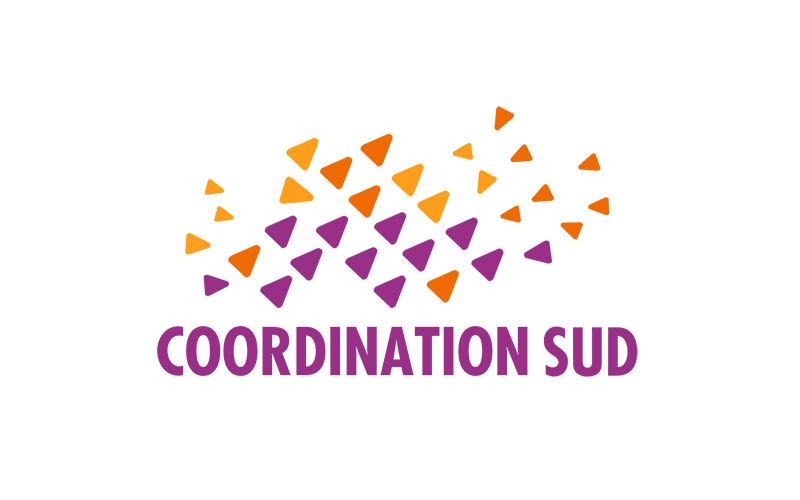Joint statement from 31 organizations: Commission Global Europe proposal “potentially game-changing”
Today’s proposal to allocate €200 billion in the EU’s external action budget is potentially game-changing. In an era of increasing global instability and economic rivalry, the Commission’s proposal demonstrates a forward-looking vision for the EU’s role in the world, at a time where needs are rising. These investments in international partnerships are an essential ingredient for global security and prosperity. Not only is this funding critical for our global partners’ ability to respond to existing and emerging crises, but it is also key for Europe’s own economy: every Euro invested in development aid results in 1 Euro of economic activity.
However, the proposed new architecture doesn't come without risks and could force trade-offs between short-term political priorities and long-term development. Now the hard work starts to ensure this funding flows to the people and places that need it the most - including sub-Saharan Africa, the region with the highest share of people living in extreme poverty, and Least Developed Countries and fragile contexts. Humanitarian action, vital for 310 million people living in crisis affected areas, must also remain needs-based and principled.
It is now up to the European Parliament and Member States to defend the Commission’s ambition and strengthen quality control for the EU’s external budget such as increasing the portion of the budget that meets the definition of Official Development Assistance (ODA). Re-integrating spending targets, currently omitted in the proposal, would also ensure every Euro delivers maximum impact by guaranteeing investment in catalytic areas such as human capital and climate action. Member States must also step up to ensure the 7-year budget is adequately funded, including by approving at least the proposed level of spending through the adoption of new ‘Own Resources’.
###
NOTES TO EDITORS
A recent study commissioned by the Pandemic Action Network (PAN) and modeled by ODI Global using the Global Trade Analysis Project (GTAP) showed that the €24.2 billion of ODA provided by EU institutions between 2020 and 2022 generated €24.4 billion in exports, surpassing the amount of aid provided. These findings highlight that the projected economic gains from ODA exceed the initial outlay: aid is not only a powerful instrument for global development but also serves as a strategic lever for the EU’s economic prosperity. The technical brief, and the policy brief written with ODI Europe can be found here.
The MFF Hub is an informal network that rallies efforts to increase financing for development, humanitarian help and global climate action in the next MFF, including through new resources. 46 partners have called on the EU to invest 200 billion EUR in Official Development Assistance in the next MFF, whilst 36 organizations issued joint recommendations to maximize the efficiency and impact of the EU’s ODA investments over the next budget cycle, including through the inclusion of specific spending targets.































